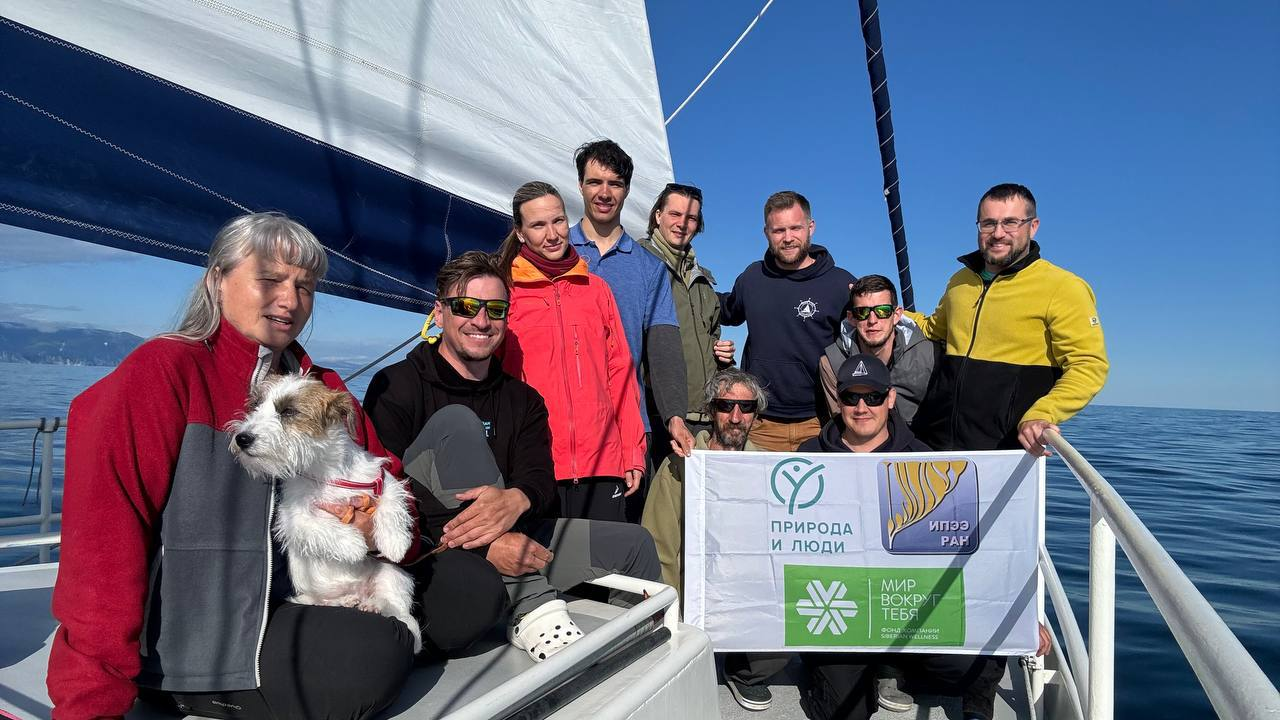
An expedition to study bowhead whales in the northern Sea of Okhotsk has been successfully completed in Magadan. Among other things, scientists managed to survey a unique area in the Shelikhov Gulf – Penzhinskaya Bay, where such work had never been carried out before, and encounter about 15 whales. Genetic analysis of the collected whale biopsies will help to understand their “registration” – whether scientists have encountered them before, how isolated this group is. It is possible that we are dealing with a new unique, previously unstudied group of bowhead whales.
The expedition started in Severo-Kurilsk and in three weeks the biologists covered more than 4,500 km along the coastline on a yacht. They had to work in extremely harsh conditions – constant winds and strong waves, as well as the poorly studied nature of the bottom of the Sea of Okhotsk, forced the team to seek shelter in bays almost every day. Nevertheless, they managed to conduct almost 240 hours of observations and cover more than 500 km by boat. During this time, they encountered many marine mammals, took a biopsy sample from one Greenland whale, obtained valuable information about the time and routes of animal migration, took photos for further identification and replenishment of the database, and established contact with local residents to receive new information about the appearance of whales. The scientists even saved a beluga whale they encountered that got entangled in fishing nets. However, the most successful area for the researchers turned out to be Penzhinskaya Bay, a unique and hard-to-reach place, known for the strongest ebb and flow in the entire Pacific Ocean – the water level fluctuations here exceed 12 meters.
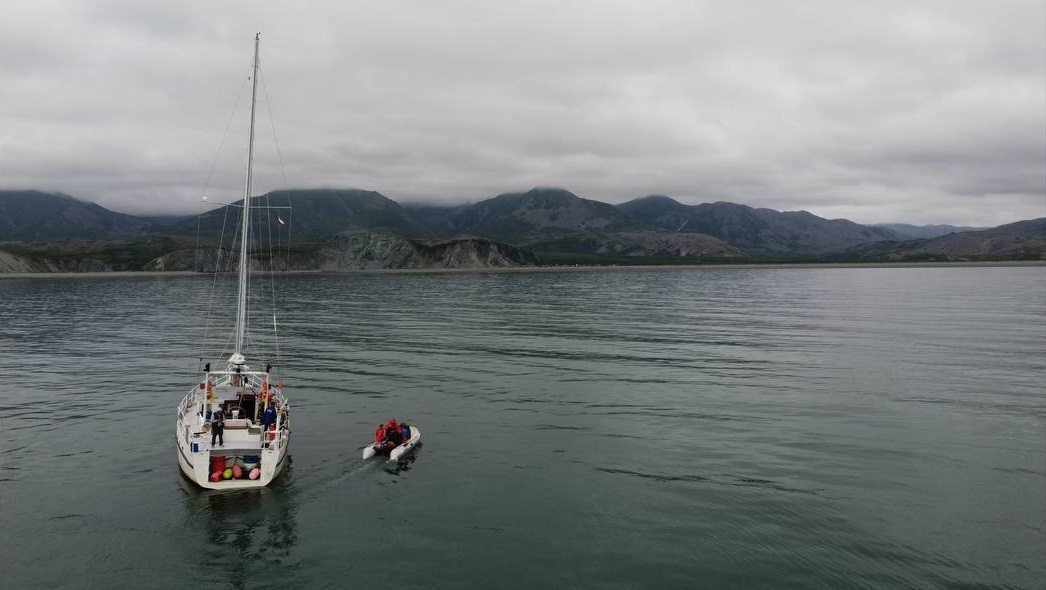
"We managed to find bowhead whales at the top of Penzhinskaya Bay because we hit the dates during low tides. And even despite this, the current still had a strong impact on the work. It is more difficult to navigate when the whale dives, since the boat is constantly being carried away," says the expedition leader, an employee of the IEE RAS Milena Morozova. "We encountered both small and very large whales. Unfortunately, due to the high turbidity of the water, we were unable to do photogrammetry (measure the length of the whales): all parts of the whale's body that are not above the water were hidden from view. And, nevertheless, the survey of this area gave us important scientific information."
The project to preserve bowhead whales in the Sea of Okhotsk is being implemented by the Nature and People Foundation in partnership with the Siberian Wellness Company Foundation “The World Around You”, JSC OTLC ERA, Ilya Trukhanov’s Clinic “KIT” and the IPEE RAS.
Another, more experimental, task of the expedition was to train a biodetector dog. A Jack Russell Terrier named Zhuzha became a full-fledged member of the crew and learned to search for whales by smell. This is the first time such an experiment has been conducted in Russia.
“We managed to do a lot during this expedition. It is important that Zhuzha proved to be resistant to pitching and performed well on the ship,” says junior researcher at the IEE RAS Yulia Ganitskaya. “We “showed” her the porpoises that came close to the yacht. And later, she herself, using her nose, looked out and “sniffed out” the animals around. As a first stage of training, this is a very good result. And in the future, when the dog learns and is fully prepared, it will walk on a boat, stand on the bow and, when it smells a whale, will react accordingly."
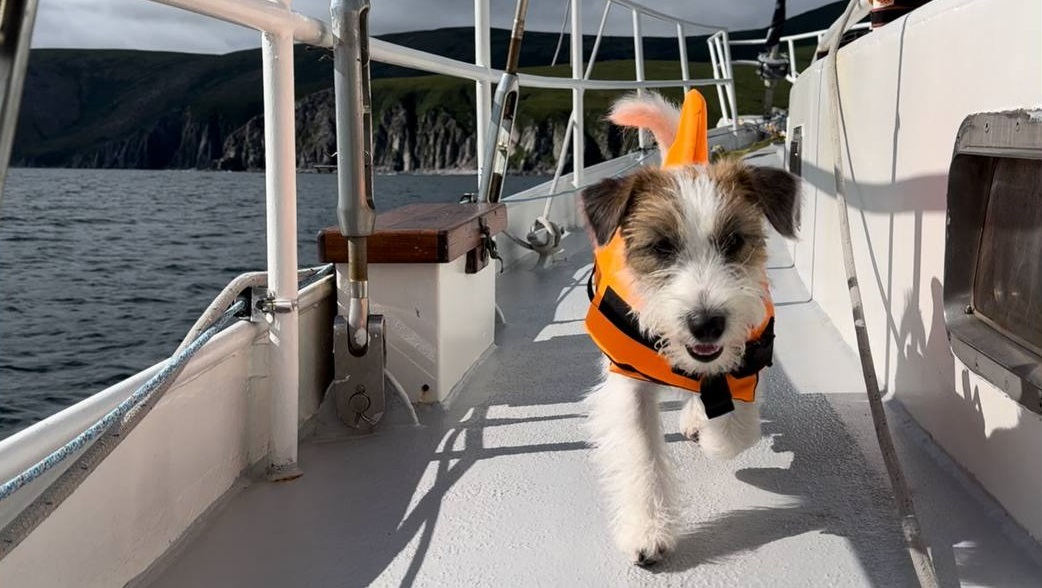
The study of bowhead whales does not end this season – in September, a team of scientists plans to tag the sea giants with satellite tags to monitor their migration all year round.
“The field season continues, and we expect that future expeditions will bring new discoveries and important scientific data. Unfortunately, the Okhotsk Sea population of bowhead whales, which is under threat of extinction, is still poorly studied. It is important for specialists to collect as much information as possible to develop conservation measures,” comments Irina Onufrenya, head of the wildlife conservation program at the Nature and People Foundation. “The project to preserve the bowheads became possible thanks to the help and participation of many organizations. I would like to believe that its further implementation will also be supported by caring people and companies.”
With the return of the crews from the voyage, the work on the project does not end – it still requires funding. In the fall, scientists will analyze the collected biological materials and monitoring data, as well as compile photo, video and genetic catalogs of the whales encountered. Support the project: https://naturepeople.ru/projects/whale
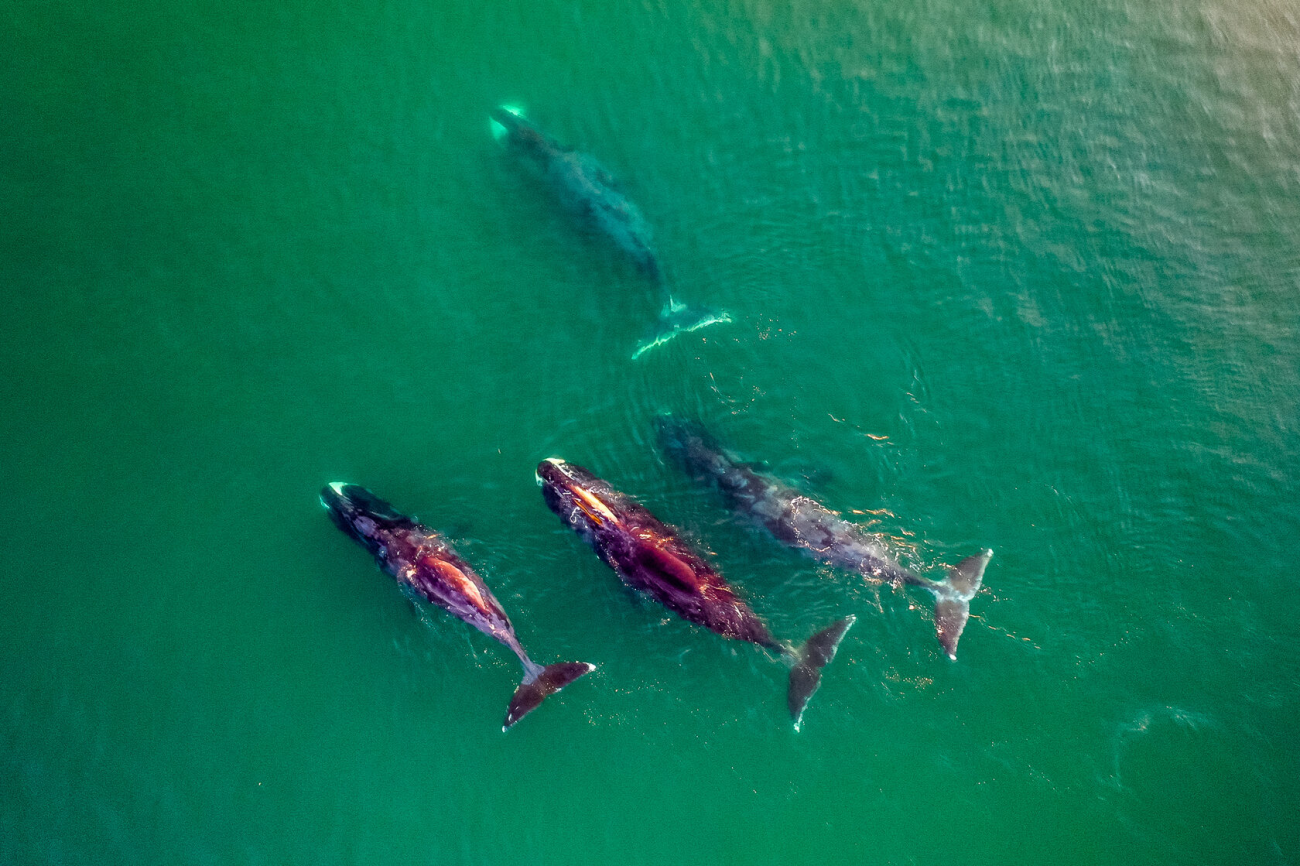
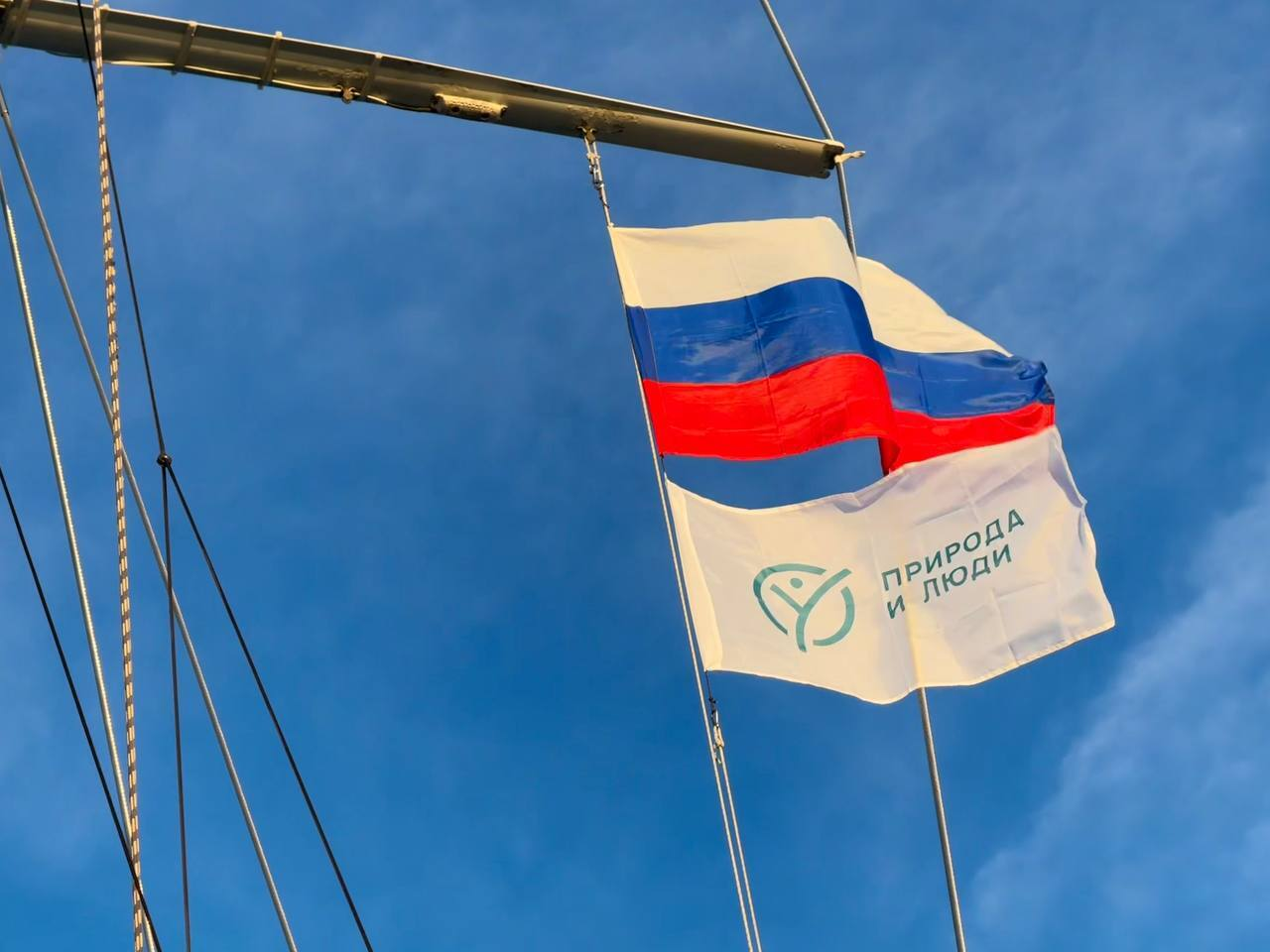
Related materials:
Rusclimatfond: "A new group of bowhead whales was discovered in the Sea of Okhotsk"
